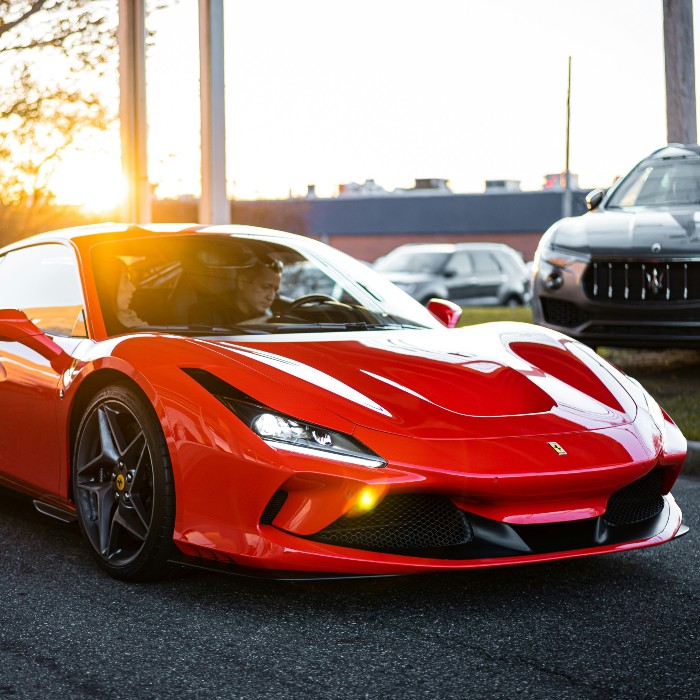Published:
A new age in the exotic car industry is upon us. On February 4, 2025, Ferrari announced plans to release a fully electric car later this year.
This debut marks a significant turning point in the automotive industry as it starts a transition of exotic car companies going emission-free, with Ferrari leading the race against noteworthy competitors. In 2019, Ferrari began to offer hybrid models.
This has resulted in hybrid cars making up 51% of Ferrari’s sales last year. Ferrari’s EBITDA (Earnings Before Interest, Taxes, and Amortization) also rose 12%, reinforcing the strong demand. The CEO of Ferrari, Benedetto Vigna, has stated that the release of the EV model will not be expedited to avoid the tariffs that have been recently implemented in the United States. This will make the vehicles more costly to meet the extra costs Ferrari must pay.
Showing demand for electric cars has pushed Ferrari to develop and sell an EV model as a part of the six new models released in 2025. This year, it has also led to a target increase of at least 5% in revenues and earnings. Set for an October 2025 release date, this year can be transformative for the automotive industry. This transition implements new technology and companies into the sector while cutting out others. Along with Ferrari, their competitors are also racing to release electric vehicles for their audience. Some of Ferrari’s competitors in the race include Aston Martin, Lamborghini, McLaren, Porsche, Audi, and Mercedes. All brands are in different stages of releasing a fully electric sports car, and all should have one by the end of the decade.
Companies like Aston Martin, Lamborghini, and McLaren compete with Ferrari as top exotic car companies. Whether it is for consumers or in competitions such as Formula 1, these brands have all had a longstanding rivalry for decades. In releasing a fully EV car, all three competitors have fallen behind, with the announcement of their release happening in 2029 and 2030 for Lamborghini and McLaren, respectively. Aston Martin has dealt with financial troubles, causing their demand to slither and early gains to fall 2%. This is delaying their first electric car release. Aston Martin started a deal with the Saudi Arabian owned electric car brand, Lucid, in part of their production, pushing back their original EV release date to 2026 and giving Lucid a 3.7% stake in Aston Martin, sending Aston Martin shares up nearly 15%. Lamborghini’s CEO has also stated that they are delaying production as the market is not ready yet. While none have gone fully electric yet, each competitor will have a hybrid model on the market this year, marking the start of the transition.
On the other hand, Audi and Porsche have already released fully electric sports cars, with the Audi e-tron GT and RS, along with the 2025 Porsche Taycan. These cars have been noted for their high performance and driving experience. However, there is still a problem with the range that many electric vehicles are dealing with. Competitors like Lucid and Tesla have models that can reach 400 miles on a charge, while the Taycan range is between 206 and 246 miles. In the 2025 model, the range went up to 313 miles due to a larger battery implemented in the vehicle. Audi also faces a similar challenge, with their cars’ estimated range to be around 249 miles. Limited details of Ferrari’s EV have been released, and knowledge of its range is still unknown.
In this wild race, the automotive industry is transforming its structural methods. Every year, more and more automotive brands are releasing electric models to align with minimizing carbon emissions. This challenge is the hardest for luxury car brands. Many have only released hybrid models, with full EV models still in production. The shift to electric is very expensive, with carmakers around the globe committed around $1.2 trillion. These high-cost cause smaller carmakers such as Aston Martin to partner with other brands like Lucid to make the transition. With Ferrari in the middle of this race, only time will tell how their new EV model will compare to Audi and Porsche and how their other competitors will respond when they release their models.
File under






